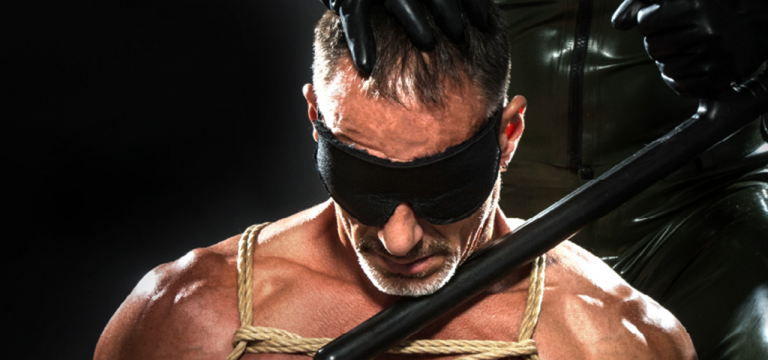
I wanted to share an article, “It’s not obesity that’s killing us — it’s the lack of exercise”, I saw in a recent issue of The Guardian.
In the article, Sarah Warwick discusses how the obsession with weight loss has directed many people away from healthy lifestyle habits due to failure, frustration and lack of good information to help guide us.
“Obesity isn’t what’s robbing us of good health and life. Using data from the Cooper Centre Longitudinal Study exercise scientist Steven Blair and his colleagues have established that you can be fat and fit,” she said.
“It is better to be overweight and active than normal weight and sedentary in terms of risk of mortality, the research has shown.
“Blair calls physical inactivity the biggest public health problem of the 21st century. Yet instead of paying attention to our sedentary lifestyles, we keep on focusing on fatness.”
For anyone who is overweight, a trip to the doctor can be an embarrassing and sometimes degrading event with many practitioners so focused on the scales they forget there are plenty of other healthy interventions that, when done on a regular basis, make physical weight a non-issue.
“Forget berating young and old for their eating habits and what the scales are saying, and give them the much more appealing solution that physical activity is the way to a longer, healthier life,” Warwick said.
“If you offered people a drug that would confer these benefits with no side effects, you would be trampled in the rush. A pill that promised the same effect as just 30 minutes of moderate intensity activity each day would make headlines around the world. Yet because it’s not a new miracle cure on the market, and it’s not a mythical superfood, it’s not news at all.”
We often forget the benefit and positive effects regular movement can have on the body, well beyond just the burning of fat. Take, for example, some of the following benefits:
Reducing risks of heart disease including reducing cholesterol, bad fats and blood pressure
Increased feelings of wellbeing and happiness
Reduced risk of diabetes
Improved sleep
Improvement in sex life
Increased flexibility in joints, increased ease of movement and, when well chosen, some reduction in joint pain.
The trick is to find a form of exercise you enjoy that you will be able to include in your regular lifestyle.
For anyone over 85kg or has had a back injury, I do not recommend high impact exercise like jogging. This places a lot of strain on the knees, ankles and lower spine that can lead to pain.
There are many low impact exercise choices. Walking, swimming and water aerobics are all fantastic low impact choices.
Gentle weights and circuit work are fantastic ways to increase muscle mass and really get the heart racing.
If you are keen, cycling can be a fantastic choice. Depending on where you live, cycling is a great way to start the day on your journey to work. Melbourne, for example, has many great cycle paths.
Outside of formal exercise, be sure to get up and move frequently through your day. Simple things like walking to the shops rather than driving, parking your car in the far section of car parks or, my favourite, getting off one stop early on public transport increase incidental exercise through the day.
The key to increasing health and feelings of wellbeing is to keep moving. The actions you take today are what makes the difference to the quality of your life when you are older.
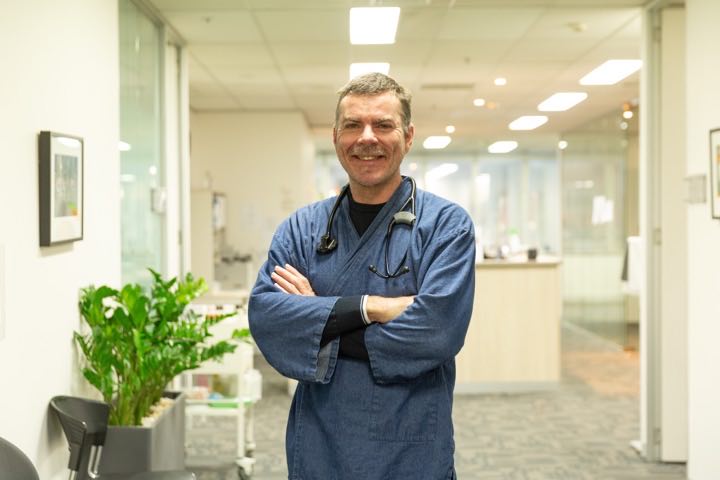
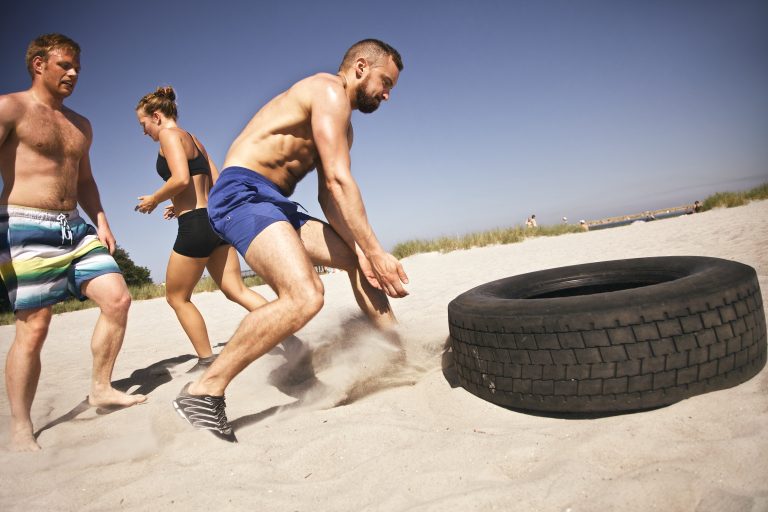
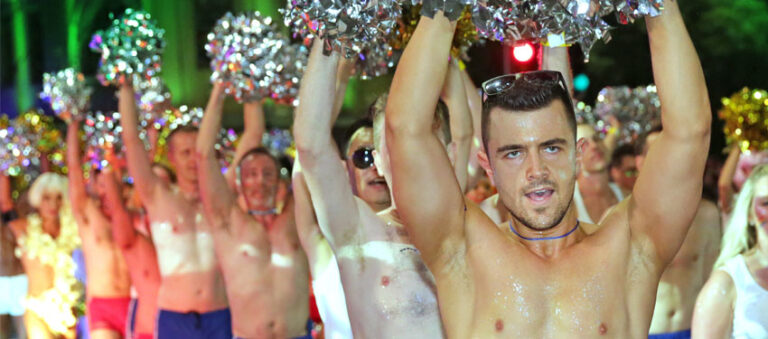


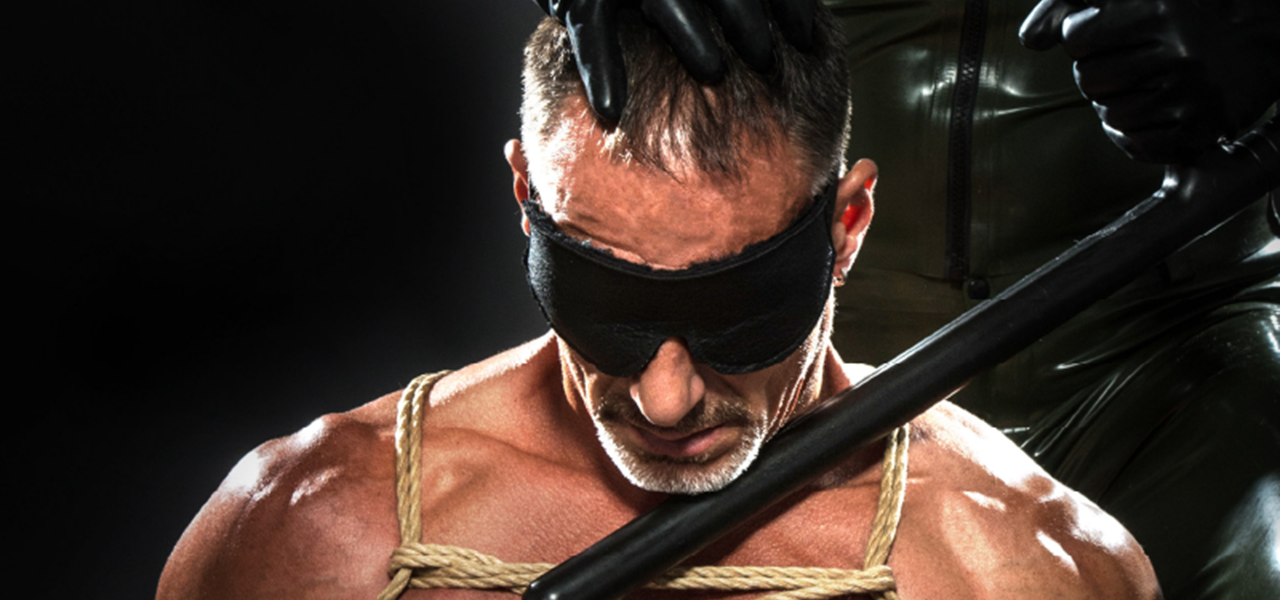
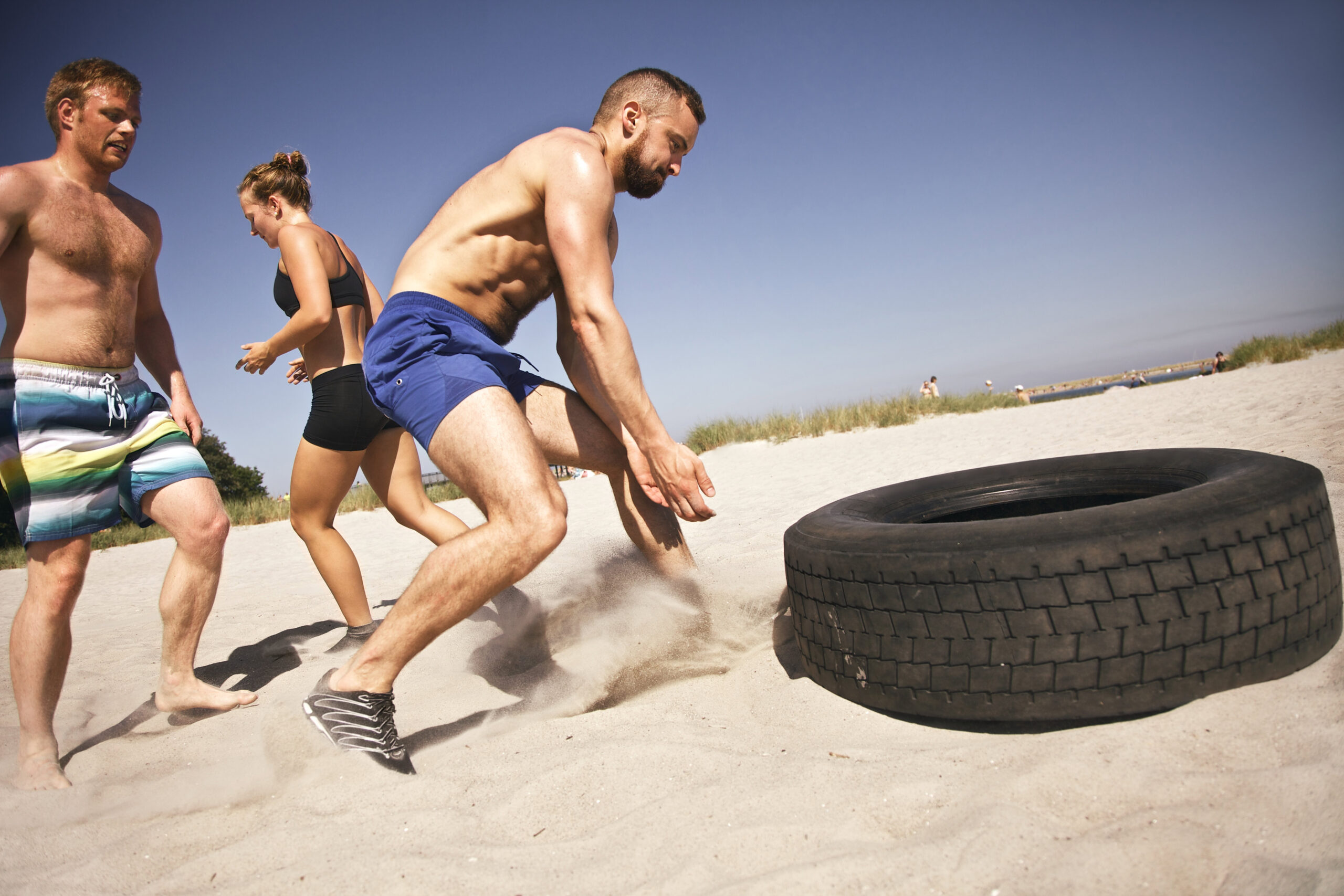
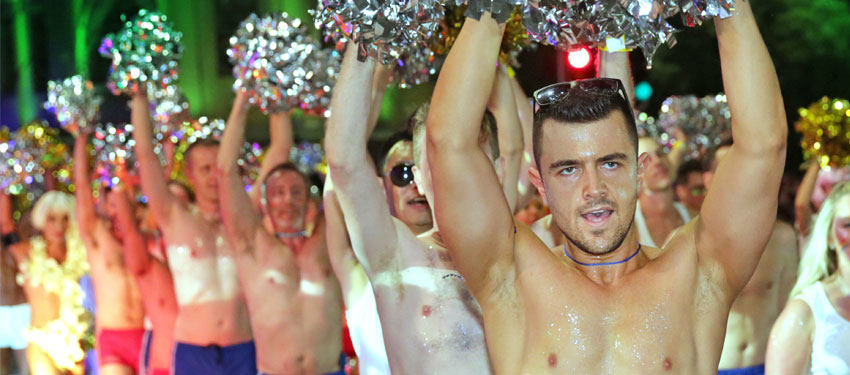
No it all starts with gay men especially twinks and older muscle marys concentrating on getting hot men and stop paying out on fat people. To be gay and lesbian and fat is to be on a par with the Westbro Church because viscious nasty queens will pick on weight to dengrate and marginalise you from the community. You have good advice Dr George but although everyone hates political correctness, lay off fat people, go for the thin ones you want and let the fat ones concentate on losing weight because princesses it does take ages to lose it.